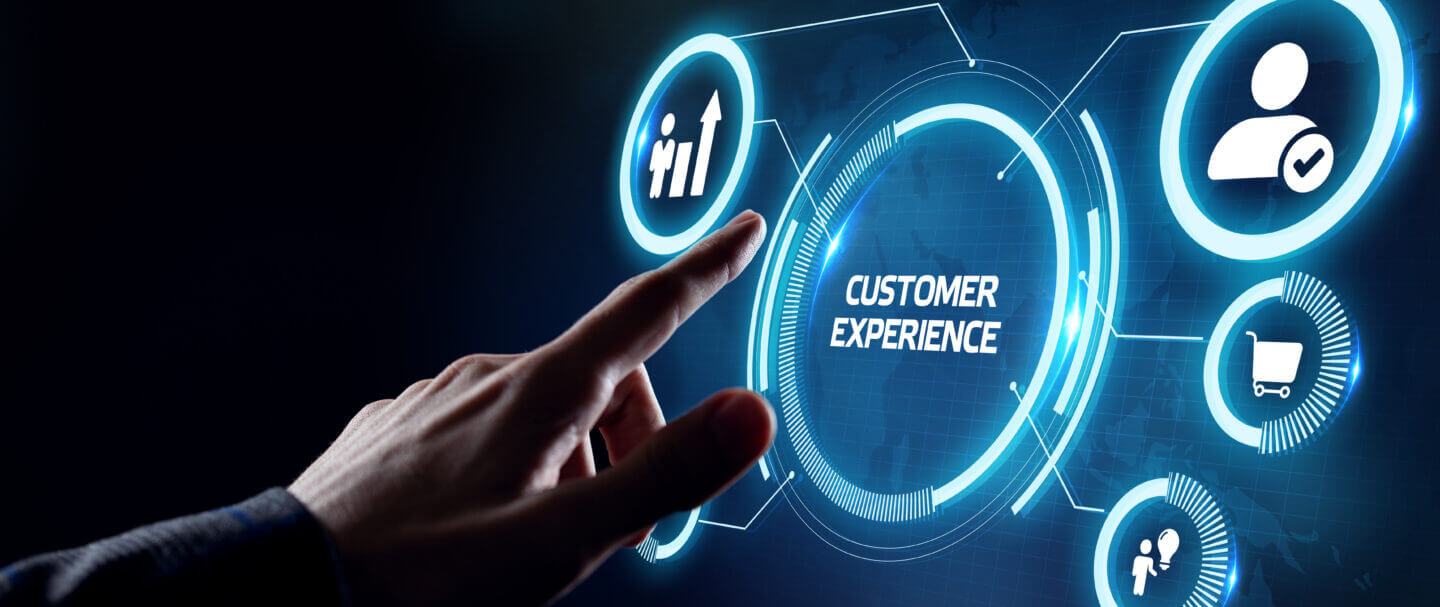
Building trust in the data economy: Enerlyf and Affinidi redefine CX, privacy and energy efficiency

Like every company operating today, startup Enerlyf knew it had to create a world-beating CX (customer experience) for its users. As a product, its premise is compelling: an independent control system for domestic aircon units that synchronises with ceiling-mounted fans to reduce a household’s energy consumption – a critical saving in founder Chirag Panchal’s home country of India.
The lack of connectivity to the cloud is a core aspect of Enerlyf’s current vision for its CX. “Customers don’t need to share any data and they are still able to get their own personalised temperature and energy saving. That was one of the key things we identified in its popularity,” Chirag told us.
The company’s invention saves its customers up to 35% on their home cooling costs, enough that over two nights, the equivalent electricity could cover two rural households’ energy needs.
The lack of need for potentially privacy-invasive ‘smart home’ technologies comes at a time when data privacy is becoming increasingly central in many consumers’ minds. Data aggregated from multiple sources can be used to influence our behaviour in ways we find disturbing, and when those influences are traced back to a product purchase or service sign-up, the effects can easily negate any investment a brand has made in its CX.
That’s because, at present, there is an imbalance in our current concepts of CX, one that loses companies loyal customers and destroys trust carefully built over months and years.
The unevenly weighted scales
When buying a product or service, and in every interaction with an organisation, we expect a quality CX. It’s part of the reciprocal arrangement entered into at the point of purchase, with the standards of our expected experiences set high by global household names like Uber, Amazon, Rakuten and Ola.
But in addition to the quid pro quo, many companies will additionally monetise or even abuse the data they gain from every interaction. By piecing together information gathered with that from third parties, companies build detailed yet often irrelevant pictures of their buyers or users. Too often, their reasons for doing so have little to do with improving CX or the product now in the customer’s hands. Instead, data is used as a secondary revenue source, the benefits of which never reach the customer.

Source: Shutterstock
Digitisation without tears
Like every product, iterating on Enerlyf’s core designs is how it will improve. To achieve this, Chirag knows that user data can be incredibly helpful for each of his customers. “[We want to] add internet connectivity, IoT capabilities and AI to our systems, so that we can build to make greater systems. When we envisioned adding IoT [functions] and AI, that is where Affinidi came in and [our] mission and vision becomes much stronger,” he said.
Affinidi’s vision for how data can be shared anonymously is central to what Chirag perceives as the next generation of customer experience for Enerlyf customers. With zero-party data (first-party or user data whose source is not identifiable by a third party – see our previous articles here and here for more) the customer experience for Enerlyf’s products can give each customer advantages that will not compromise their personal information.
Initially, Chirag aims to produce personal and community value for Enerlyf users via the Affinidi Trust Network. “So say for example, if there is a community with 1000 apartments, and we have 200-500 users using our product, we wanted to offer access to a local weather station for them. […] For example, if parents want to take their children out, they can immediately check what is the air quality of that area? What is the outside temperature, humidity, so many other things. So that is a roadmap Enerlyf is connecting, like user-personalised profiles with community-level data.”
Affinidi’s CEO, Glenn Gore sees further benefits for Enerlyf user communities that are both empowered and protected by the Affinidi Trust Network (see here for more details): “Air con repair services could do reverse bidding, for example, saying, ‘We know you run your air conditioning for 300 hours, by giving it a service, it’s going to be more efficient, you’ll save some energy.’ These are new techniques that people could use, but while maintaining user anonymity.”
Customer experience at present goes little further than easy-to-use GUIs (graphical user interfaces) and personalised recommendations to buy more product (‘Hey [name], you bought [x], so why not buy [y]?’). What Enerlyf and Affinidi envisage is a CX where the ‘C’ for Customer is writ large – realisable benefits that come from anonymised, specific data deliberately released by individuals and companies to others, with both parties gaining.

Source: Shutterstock
National level advantages
The Indian government’s Green Credits scheme is an example of a nascent market that can be seized on by entrepreneurs like Chriag. He sees the users of Enerlyf products as being able to prove – without compromising their personal information or identities – exactly how much power their activities have saved and be able to ‘spend’ those credits elsewhere.
Glenn said, “There is value in consumers being able to say to brands, ‘Hey, I am taking actions in my own life.’ And brands can turn that into giving you savings or opportunities or preferences based on the decisions being made.”
New definitions of CX
End-users confident of their privacy are so much more likely to trade with brands they know are respectful of data security and anonymity. Customer experience on the Affinidi Trust Network is self-determined by the individual and goes far beyond our present concepts of CX. In 2024, CX is too often designed not for the benefit of the customer, but as a crude and often unwanted opportunity to cross-sell and upsell.
Instead of a reluctance to interact with a brand because of the potential for personal information misuse, brands can build trust with customers and prospects based on information that people approve for release to specific organisations.
As Enerlyf iterates on its energy-saving product line, it’s changing the way we think about personal well-being and energy-saving. With its cutting edge ClimateOS and state-of-the-art CX, Enerlyf allows households to reduce energy consumption and transform into fully-connected, distributed energy resources in the wider energy grid. Doing so offers the potential for enormous new markets and a more sustainable future for all of us.
The Affinidi Trust Network is the basis on which we will see this new data and energy economy built and the new definition of customer experience emerge. You can find out more about Affinidi Trust Network here.
READ MORE
- Data Strategies That Dictate Legacy Overhaul Methods for Established Banks
- Securing Data: A Guide to Navigating Australian Privacy Regulations
- Ethical Threads: Transforming Fashion with Trust and Transparency
- Top 5 Drivers Shaping IT Budgets This Financial Year
- Beyond Connectivity: How Wireless Site Surveys Enhance Tomorrow’s Business Network
